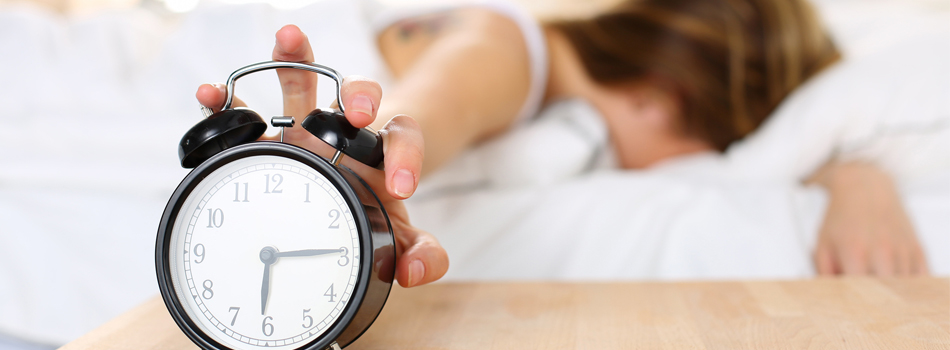Throughout our lives, we spend an enormous 26 years sleeping and 7 years trying to get to sleep. That’s 33 years or 12,045 days spent in bed!
Recently, I attended an initiative run by NABS. NABS is the support organisation for the advertising and media industry and promotes wellbeing for everyone in it.
The session I attended was by Dr Guy Meadows who is Co-Founder of The Sleep School and their Clinical Director. The reason I prioritised attending this session was firstly because I can’t remember the last time I woke up feeling refreshed and secondly I’ve always been curious about what the correct/required number of hours sleep we need each night. You hear the likes of Trump for example survive off only 4 hours, but surely that can’t be healthy.
Why people need rest and what happens to the mind and body during sleep remain somewhat unknown. However, humans have gradually begun to grasp that there is a direct correlation between sufficient sleep and good health and emotional functioning. Numerous findings over the past two decades have established just how important quality sleep is.
What happens if you don’t get enough sleep?
On average, 8 is the optimum number of hours of sleep human beings need to function best. However, this can vary from person to person. If we regularly miss out on the correct amount of sleep, this can have profound health implications:
- Forgetfulness
- Tiredness
- Lack of focus and motivation
- Stress
- Low mood
…along with an increased risk of:
- Heart disease
- Diabetes
- Obesity
- Respiratory problems
Different stages of a sleep cycle
It usually takes between 10 and 20 minutes for the average person to fall asleep. Taking longer is normally the result of getting too much sleep, drinking too much coffee or stress. Falling asleep too quickly on the other hand suggests you are not going to bed early enough.
Stage 1 is a drowsy, relaxed state between being awake and sleeping – breathing slows, muscles relax, heart rate drops
Stage 2 is slightly deeper sleep – you may feel awake and this means that, on many nights, you may be asleep and not know it
Stage 3 and Stage 4, or Deep Sleep – it is very hard to wake up from Deep Sleep because this is when there is the lowest amount of activity in your body
After Deep Sleep, we go back to Stage 2 for a few minutes, and then REM (rapid eye movement) sleep – which is when you dream.
(Source Gregg Jacobs)
Interestingly you’ll notice that in an average 8 hour sleep cycle we actually wake up 4 times. This is perfectly normal and nothing to be alarmed about. The common reasoning behind this dates back to pre-history. It’s thought that early humans would regularly awaken as a form of defense mechanism to protect themselves from the threat of wild animals etc.
Tips on how to improve sleep
(Source: Sleep School – Sleep Essentials – Dr Guy Meadows)
- Build your sleep drive
Aim to be awake for at least 16 hours a day. You need to generate a sufficient sleep debt in order to drive 8 hours of sleep. Avoid lie-ins, taking long naps (more than 20 minutes) and drinking too much caffeine during the day as this can weaken your natural sleep drive.
- Keep your sleep on time
Go to bed and get up at the same time 7 days a week. Try not to fluctuate more than an hour either side of these times. This will keep your body clock on time as an irregular sleeping pattern creates a jet lag effect, whereby the brain starts to sleep and wake up at the wrong times.
- Prepare for sleep
Wind down and darken down for sleep at least 40 minutes before bed. Avoid the use of your phone in this period. Phone blue lights are meant to mimic the sun so will hamper you getting a good quality sleep. Ensure that the blue light filter is on. Avoid eating 2-4 hours before bed.
- Improve lifestyle habits
Promote sleep through a healthy lifestyle. Exercise regularly, ideally during the afternoon or evening. Limit alcohol consumption, especially close to bedtime and moderate caffeine consumption, stopping at midday. Try and get 10 minutes of natural daylight before midday.
- Have a comfortable bedroom
Open windows and doors of the bedroom regularly to improve air quality (spider plants and mother in law plants can help this). Aim to sleep in a quiet, dark, cool and comfortable bedroom. Get a mattress that fits your needs, install black out blinds and block out noise.
Now get sleeping zzz






